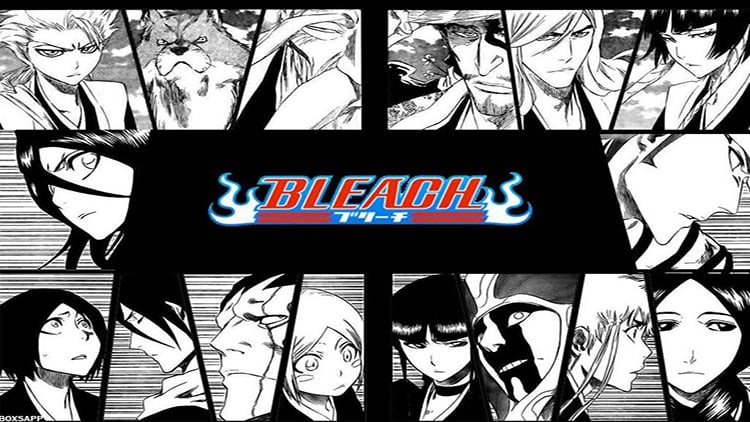Darc Requiem said:
The Mass Effect 3 ending is was so bad that I'm boycotting Bioware. I'm not buying another game from them. I cancelled my subscription to TOR. Since I there isn't anyway for me to get my $80 back. I keep see examples of other games with bad endings being brought. The comparison is flawed. Why? Mass Effect is a trilogy. People have spent five years on this franchise and to be given that putrid excuse for a conclusion is unforgivable.
Casey Hudson, Mike Gamble, and Mac Walters flat out lied about the ending of the game. Then when they get called on their bullshit they start hiding behind artistic integrity. If they had artistic integrity Garrus wouldn't have been in Mass Effect 2. Archangel was a new character that they changed to Garrus in response to his popularity with fans. The same is true of Tali in ME3. She was added into the game because of her popularity. The squad banter in ME3 was added because of fan demand. Don't alter the course of your game due to fan input then hide behind artistic integrity. Don't promise fans various endings depending on their choices and hand them a badly plagiarized Deux Ex ending.
|
Games, particularly corporately generated ones, are NOT first and foremost art. What they are is playthings to entertain people. You have fun. Artistic integrity? HA! You respond to the fans and give the what they want. Being corporate funded, you do it with extra production value. To resume otherwise is absurd. Want artistic integrity, go support indie film makers, and stop looking for such in corporately produced entertainment devices.
This blog post I did on my blog involving game design would fit here I think:
http://boardgamegeek.com/blogpost/9535/in-the-end-we-make-toys
Lines from it that are relevant:
This post has to do with having fun and taking things too seriously. It also links to the BGG rating system, and the reality that people with games can take their interest too seriously, and sometimes want it to be more than it is.
The play is the thing, but how is it the thing? In the end, doesn't our enjoyment matter? Is there some sort of holy perfection obtained, and people seek some sort of transcendent experience from it? Is the idea to have some sort of static game they think is perfect? Is change to be thrown out? You have people who play Chess, for example, who think the game is perfect, to the extent that you had someone quote the game was handed down by God. You had someone who claims they want to play the exact same game Kasparov played. Want to master a plaything is what they are after. Try showing up a chess club with a variant, and people will look at you funny. And this being of narrow mind had an irony at a local chess club, where you had speed chess purist who complained about the regular chess community not being open-minded about speed chess. Let's just say my ability to find a local group to playtest chess variants is out now.
And we come to A Few Acres of Snow, which people enjoyed but now has an elephant in the room issue of apparently being solved in advanced play. People enjoy the game. But, the game gets sold because of the issue. Is it not for those who like the game to end up coming up with ideas on how to make the game still work? One can yell, "I didn't sign up to be a playtester". But, the reality is that any game produced will reveal things about it that can be improved, or can be tweaked if they get stale, to make them fresh. Why is mixing it up a problem? If it is fun, why not save the fun? Even if a game gets playtested a bunch, things STILL can slip through. Balloon Cup fits into this category. Are those who like the game not supposed to accept a fix for the game, and with the fix, not recommend it to those who look for a game? The person I spoke of earlier who ended up not liking the BGG rating system thought so. It apparently is an abomination if you now give a positive review of Balloon Cup. Games are some sort of sacred devices of holiness we get offended at.
Yes, and those involved with games can take things very seriously, and maybe too much for its own good. Maybe you have regrets that you gave yourself so much to an area of your life, wanting more. Maybe you can have balance in your life.
What I would give an example of taking things just a bit too seriously is Adam Sessler with his Soapbox looking at Red Dead Redemption. He sings on how awesome of an experience the game is, and ends up thinking it is a metaphor for the videogame industry. Really Adam? How about you realize you are involved in an industry that should be making toys for people? How about some fun? I did play though Red Dead Redemption, and thought it decent, but the penultimate experience? I didn't have as much fun as I did with Borderlands. I consider Red Dead decent, but not as much fun as I hoped. I think it is a case of people in the industry hyping things up more out of wish for greater than they are, why a game like Grand Theft Auto IV gets high reviews, but then falling short in the fun area. The Soapbox episode I refer to can be seen here:
http://www.g4tv.com/videos/46118/sesslers-soapbox-red-dead-redemption-perfects-the-western/
So, to sum up, I say game designers ultimately make toys. One can want to do more, and maybe like any toy, the toy can be used for other purposes, but they are toys. The idea is fun here, and what is wrong with that? If you want significance, and meaning, go study philosophy or join a religion. Games are meant to be playthings mainly, and enjoyed and have fun. And isn't a bunch of fun, with flaws, worth more than boring perfection?
End of quote from blog:
Sorry folks, but you SERIOUSLY think you are going to get some awesome storytelling from game designers in a corporate machine, who operate under deadlines? It is now, get something out by a certain time period to maximize revenues. The end is not storytelling, but rather, entertainment in exchange for your coin.




























































